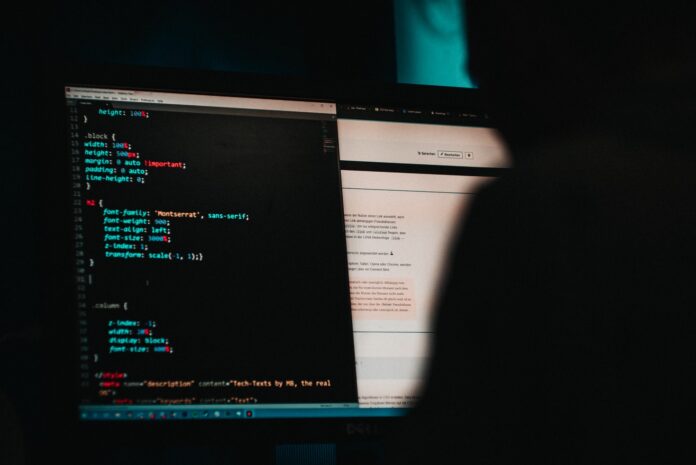Meta: If you have experienced hacking or cheating first-hand in the gaming industry, continue reading to find out whether or not the studios are doing enough.
If you are an avid online gamer or prefer old-school video game consoles, you may have become aware of a particularly damaging trend that has recently emerged and has the potential to ruin video games for everyone.
It is the growing problem of cheaters and hackers. It may not necessarily be a relatively modern phenomenon that has cropped up in recent years but it has led a growing number of gamers to question whether or not the studios are doing enough to stop the problem in its tracks before it gradually worsens. If you have experienced hacking or cheating first-hand, continue reading to familiarise yourself with everything you could ever want or need to know about the ongoing trend.
A brief history of hacking
If you consider yourself an old-school gamer or are experienced in both traditional and digital methods of gaming, you will probably agree that hacking has existed for a number of decades and, as a result, is a problem that is unlikely to ever be truly eliminated. In the late 1800s, for example weighted dice, counting cards, and hip checking were all common practices that allowed gamers to manipulate a game of chance until it worked in their favour.
In the decades that followed, a number of technological advancements not only paved the way for the gaming industry to rapidly grow and develop but also for cheaters and hackers to master their craft. If you have spent countless hours gaming on traditional video game consoles in the past, for example, you may still remember the cheat codes that helped you succeed or allowed you to personalise a game to suit you and your playing skills and abilities.
The modern era of gaming
In the past decade, the gaming industry has evolved to make way for the emergence of esports and live streaming. It may have ushered in a brand-new generation of gaming, but it has also allowed hackers to sharpen their existing skills by tapping into new and improved ways to manipulate current games. In addition, the digital nature of the gaming industry today is highly susceptible to hackers and sensitive information can, and has been known to, be stolen, manipulated, or reused in a matter of minutes will have little to no repercussions involved for the perpetrators in question inflicting the damage.
If you are an online poker fan or have ever found yourself researching the best poker players in history for example, you will be aware of how widespread the problem of hacking and cheating is in the wider gaming industry as well as how it only appears to be getting worse as technological advancements continue to evolve at a seemingly non-stop pace.
The role of the studios
In order to prevent such widespread and long-lasting damage to the gaming industry, a growing number of studios are stepping in and introducing several rules and regulations in an attempt to stop hackers in their tracks and, essentially, thwart them from averting any long-term damage.
It can, after all, stop developers from improving, updating, and expanding their titles if and when necessary, which can lead to a significant loss of time and money for everyone involved. In recent years, for example, several developers that are behind massive titles such as Call of Duty have announced plans to respond to hacking and cheating in a way that is quick, efficient, and, perhaps more importantly, effective.
It is hoped that fellow developers will follow suit in the coming months and continue to take a firmer stance on the ongoing problem of cheating and hacking within the gaming industry by implementing a number of anti-cheat technologies into existing as well as future titles. If the increasing popularity of esports is to persist, on the other hand, it is clear that something must be done to tackle the problem now as opposed to later.
If you are a keen gamer, you are more than likely familiar with the age-old problems of hacking and cheating in the wider gaming industry and the various ways in which it can ruin the popular pastimes for both players as well as developers. In order to determine whether or not the studios are doing enough to tackle the problem head-on, however, it may be worth taking the time to familiarise yourself with a brief history of hacking, the modern era of gaming and its digital vulnerabilities, and the role of the studios in taking a firmer stance on the issue.




